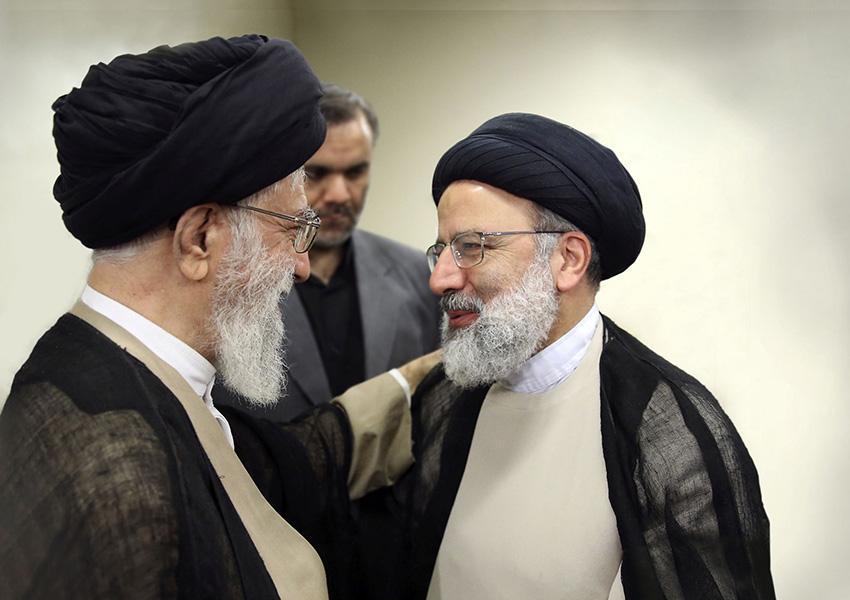
Hardliner Candidate In Iran Benefits From Major Deprivatization Decision
Supporters of Chief Justice Ebrahim Raeesi (Raisi), a likely candidate in Iran's June presidential election, are full of praise for him for supposedly ending the long battle over the ownership of Haft-Tappeh Sugarcane Complex and returning the massive agro-industrial complex to the government. But the official announcement of the ruling, months after it was issued and so close to the election, could have been meant to boost his chances.
Most hardliner news agencies attributed the annulment of the privatization of the company to Raeesi and praised him for "returning it to public coffers", "combating corruption" and "establishing justice".
Reports, however, indicate that the ruling was made months ago, which raises suspicions over the timing of the announcement. The Revolutionary Guards (IRGC) affiliated Fars News Agency made a vague claim that the ruling had not been announced until now "to allow the government to make arrangements for the transfer of ownership and to prevent labor issues."
"Haft-Tappeh was freed by the workers," the sacked Haft Tappeh worker and labor activist Esmail Bakhshi said in a tweet on Saturday in a clear rebuttal to claims that Raeesi has solved the long-running dispute. "Excellent," a comment under his post said, "but isn't this reversal [of ownership] near the election time suspicious? Do they want to drag tens of thousands of workers to ballot boxes?"
The final court ruling on the ownership of Haft Tappeh was announced Saturday by hardliner politician and head of Supreme Audit Court (SAC) Mehrdad Bazrpash who said in a tweet that the privatization of Haft Tappeh had been annulled "as promised".
The court in a statement said the decision was due to numerous infringements in the process of privatization and the failure of the Privatization Organization in addressing the issue, but those infringements were known since 2018. One of the owners of the company, Ehsanollah Assadbeigi, however, told the Iranian Labour News Agency (ILNA) that the court verdict has yet not been communicated to the company.
The Syndicate of Haft Tappeh Workers in a statement on its Telegram channel said the return of the complex to government ownership would not have been possible without "the extensive protests of the workers who did not stop their fight [for the annulment of their company's privatization] until they achieved their lawful goals."
The workers who celebrated the return of the company's ownership to the government on Sunday, started their long battle against the company's privatization in the autumn of 2018 after several months of not receiving their pay checks. The workers and activists supporting their demands were repeatedly persecuted, arrested, and even tortured to make false televised confessions to implicate themselves and others.
The company, one of the oldest and largest agro-industrial complexes in Iran with thousands of permanent and temporary workers was established in 1966. More than fifty percent of the value of the company derives from the vast lands that it owns, as mismanagement, institutionalized corruption, and depletion of machinery over the past two decades have led to a massive drop in production and huge, accumulated debts









